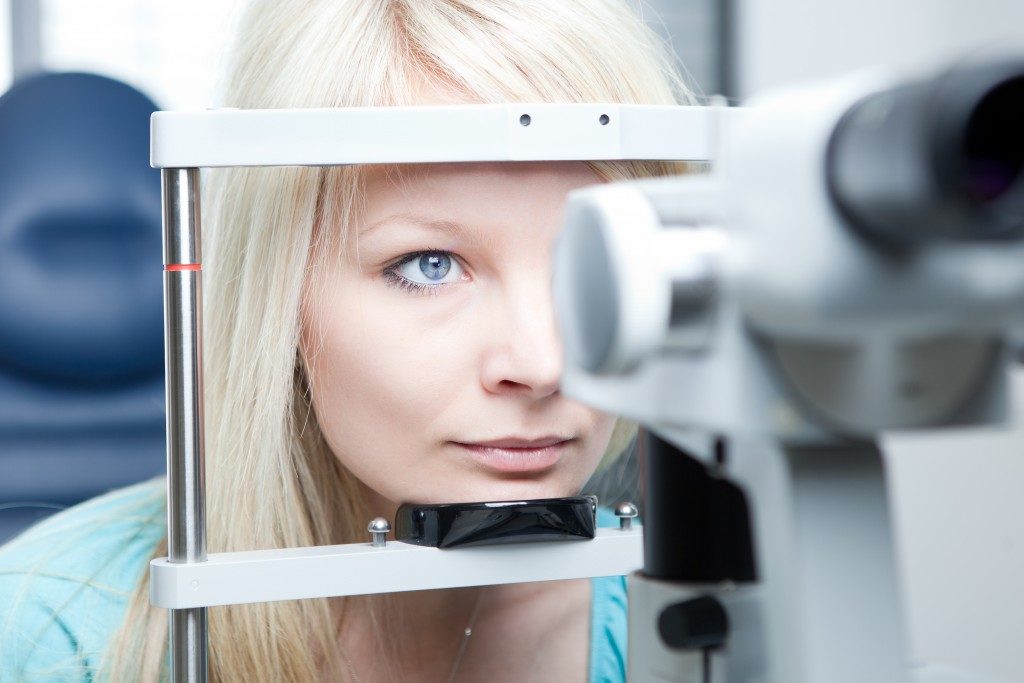Even if you have the most solid Crohn’s disease treatment plan, a flare-up is inevitable from time to time. This means that you would need to consult your doctor in Sandy to modify your current management plan. Your doctor will be also able to determine whether your flare up is due to complications or worsening of your condition. In the event that your flare up is due to inflammation, you might need to get the dosage of your meds adjusted. Be prepared for testing since your doctor will also need to determine if you have complications that will require additional treatment. While you are waiting for your revised treatment plan to kick in, you can do certain things to help ease your symptoms. Consider the following strategies to help you deal with these Crohn’s disease symptoms during a flare-up:
Dehydration
Ensure that you are drinking enough fluids. When you go in for a checkup, inform your doctor of your drinking habits to determine if you have to be rehydrated through an IV.
Stomach Pain
To alleviate your discomfort from bloat, gassiness, and cramps, consume smaller, more nutrient-dense meals. Refrain from eating foods like fatty foods and dairy products that might make cramping worse and limit your fiber intake.
Diarrhea
Frequent trips to the bathroom are very irritating. To get relief, don’t eat foods that might make your diarrhea worse, soak your perianal skin in warm water, and dab some emollient to avoid cracking and drying from frequent washing.
Nausea
Consider aromatherapy and drinking ginger or chamomile tea. Consult your doctor if your nausea is getting in the way of you taking meds, drinking, or eating.
Fatigue
Remember to hydrate yourself and eat well. Avoid making yourself more fatigued by ensuring that you get ample sleep and doing only things that are a top priority.
Sudden Weight Loss
This can be a very serious issue if your symptoms are keeping you from eating properly. It might be time to consult a nutritionist or dietitian to help you create a diet plan during flare-ups and to see if you might benefit from mineral or vitamin supplements.
Fever
Never take NSAIDs or non-steroidal anti-inflammatory drugs without consulting your doctor as these can further exacerbate your digestive issues. Stick to acetaminophen.
Vision Problems
 Approximately 10% of people who have Crohn’s disease have vision issues such as eye pain, blurred vision, light sensitivity, and dry eye. Go to your eye doctor to explain your condition and ask if you can benefit from medicated eye drops to control your vision symptoms.
Approximately 10% of people who have Crohn’s disease have vision issues such as eye pain, blurred vision, light sensitivity, and dry eye. Go to your eye doctor to explain your condition and ask if you can benefit from medicated eye drops to control your vision symptoms.
Mouth Sores
If you have mouth sores during flare-ups, check with your doctor if you can use lidocaine jelly for relief. You can likewise consider using a medicated mouthwash.
Taking better care of yourself and following the strategies above will help you recover from your Crohn’s disease flare-up. Although you will feel worse before you feel better, just stick to your management plan and hope for the best. But if you find that you’re not getting the relief you need, go to your doctor as soon as possible.
